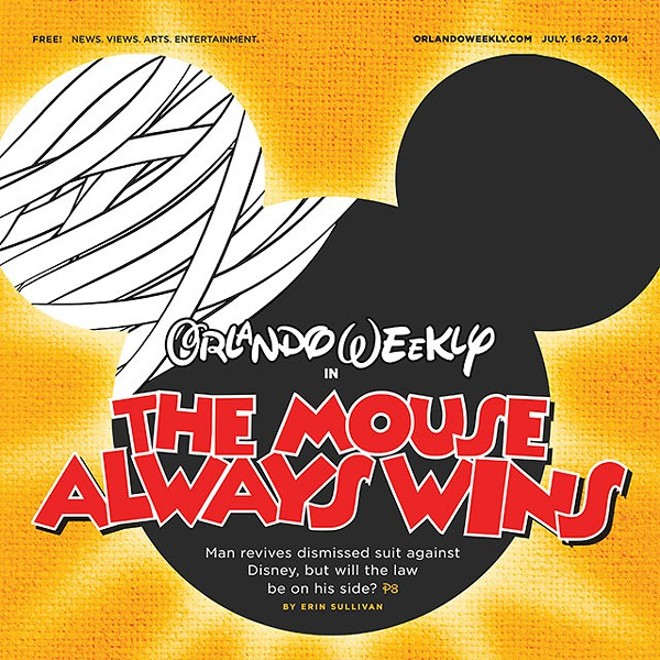
Earlier this week, the Florida Supreme Court made a decision regarding exculpatory clauses, a topic we reported on in July, when Owen Peterson attempted to appeal a court decision that exonerated Walt Disney World for any responsibilities related to an injury he suffered at an event held at the Wide World of Sports. Peterson was hit in the head by an advertising balloon while walking through a trade show at the park, and he says that initially, a representative for the park told him Disney would pay his medical bills. But that never happened, so he sued and ultimately lost his case because he had signed a waiver saying that he gave up all rights to sue the park or organizer of the event, even if they were negligent and caused his injury. Exculpatory clauses and waivers such as the one Peterson signed are fairly common, but they don't always cover negligence, and Florida law has often stated that they need to be specific and written in language clear enough for the average person to understand exactly what they are signing away – in other words, they should state that they protect companies and organizations from their own negligent acts.
The case that the state Supreme Court ruled on this week involved Give Kids the World, a nonprofit organization that gives sick children and their families resort-style "storybook" vacations in Kissimmee. Stacy and Eric Sanislo of Washington state brought their sick daughter to the Give Kids the World village for a vacation in 2004. Before they participated in any activities, they signed a liability waiver that said:
By my/our signature(s) set forth below, and in consideration of Give Kids the World, Inc. granting said wish, I/we hereby release Give Kids the World, Inc. and all of its agents, officers, directors, servants and employees from any liability whatsoever in connection with the preparation, execution, and fulfillment of said wish, on behalf of ourselves, the above named wish child and all other participants. The scope of the release shall include, but not be limited to, damages or losses or injuries encountered in connection with transportation, food, lodging, medical concerns (physical and emotional), entertainment, photographs and physical injury of any kind.
....
I/we further agree to hold harmless and to release Give Kids the World, Inc. from any and all claims and causes of action of every kind arising from any and all physical or emotional injuries and/or damages which may happen to me/us, or damage to or theft of our personal belongings, jewelry or other personal property which may occur while staying at the Give Kids the World Village.
During the course of their visit, the family posed for a photo on a pneumatic wheelchair lift attached to the back of a horse-drawn carriage. Apparently, the weight limit for the lift was exceeded when the entire family was standing on it, and as a result it collapsed, injuring Stacy Sanislo. The family sued, claiming that the accident was due to negligence on the part of Give Kids the World and that the waiver they signed did not specifically state that the organization was protected from its own negligent actions. An Osceola County circuit court judge allowed the suit to go to trial, and the family was ultimately awarded more than $70,000 in costs and damages. But Give Kids the World appealed, and in 2012, the Fifth District Court of Appeal reversed the decision, stating that the wording in the liability waiver did, indeed, shield Give Kids the World from claims of negligence.
That ruling conflicted with the rulings of other courts in the state that have said that if a liability waiver does not expressly state that an organization is held harmless in the case of negligence, people can still sue for negligence. So the Supreme Court picked up the case. On Thursday, it upheld the Court of Appeal's decision that Give Kids the World cannot be held responsible in this case.
It was a 4-3 decision, and while the majority of the justices agreed that exculpatory clauses do not need to specifically spell out that they cover "negligence" or "negligent acts," three dissenting justices were critical of that decision.
In the dissenting opinion, the three justices wrote that:
"As the majority recognizes but fails to apply, exculpatory clauses that protect a party from his or her own negligence are disfavored [by state law]. …. Today the majority leaves our most vulnerable citizens open to catastrophe from those who seek to shield themselves from their own fault."
Which is, essentially, the argument that the Peterson case also tries to make.


















